Top 5 Programming Languages for Mobile App Development


Today we’re going to take a look at the top 5 programming languages for mobile app development that many mobile app developers have been using for their working process. What are their pros and cons? Let’s find out!
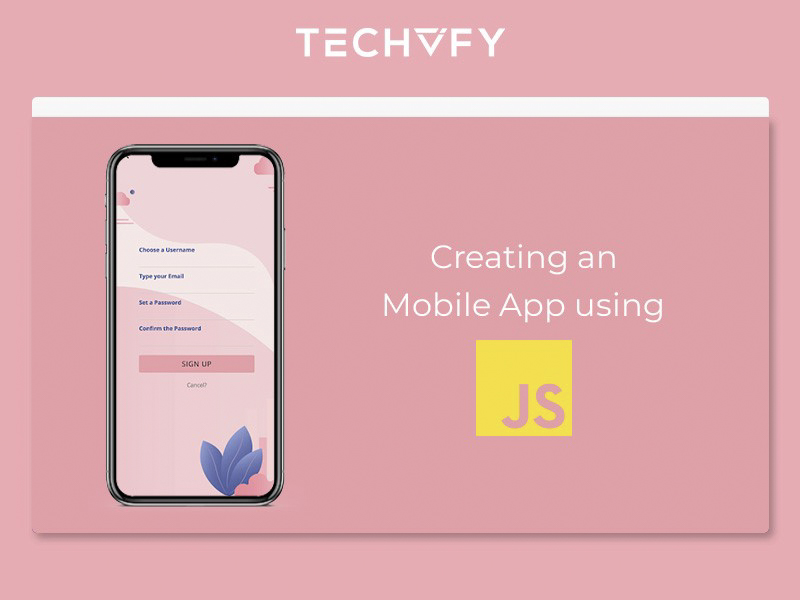
Javascript
Javascript is considered to be one of the best programming languages for mobile app development that have been widely applied for cross-platform app development.
As of Thu, my co-worker usually says: “As long as the Internet remains as strong as it is today, JavaScript will still be the best language out there.”
What are the Pros?
What are the Cons?
Learn more:
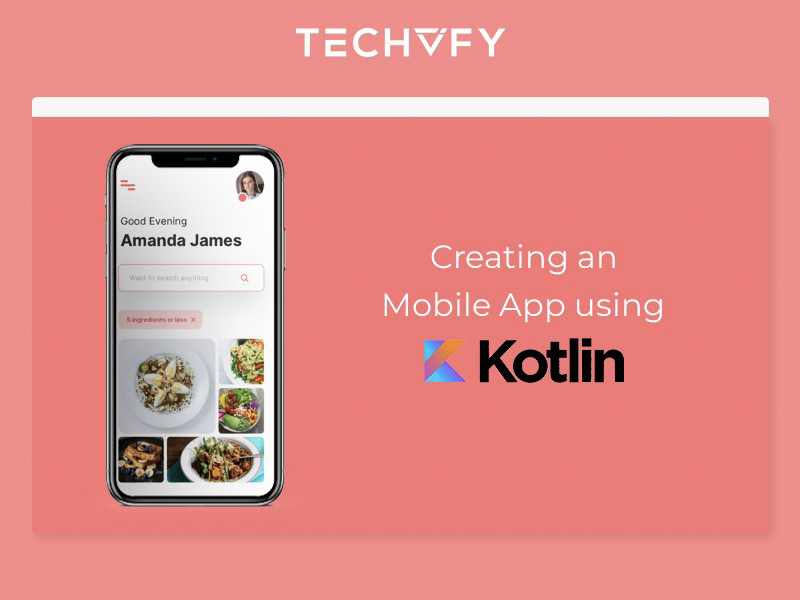
Kotlin
Many people claim Kotlin as an upgraded version of Java, believed to be one of the most interesting. It’s been used for some of the most popular Android apps due to the increase in performance.
What are the Pros?
What are the Cons?

C++
C++ is one of the mobile app development languages used to improve Android apps and native app development, specifically in developing mobile games, bank apps, and GUI-based applications.
It’s also considered another mobile app development language that has shown high-functioning performance.
What are the Pros?
What are the Cons?

C#
Also known as “C-sharp”. This is one of the most widely used languages that is widely used to develop high-performance and interactive game applications and is believed to be the best one to implement.
What are the Pros?
What are the Cons?

Python
Python does best at developing web applications, media tools, and desktop apps. Therefore, among other languages, it’s the most recommended by many developers.
Many popular apps that have been used by a lot of people around the world, such as YouTube and Instagram, use Python as their main programming language. This language provides outstanding library support, high capability of control, and strong integration.
What are the Pros?
What are the Cons?
If you want to learn more about other mobile app development languages, follow TECHVIFY because there are even more to come!!!

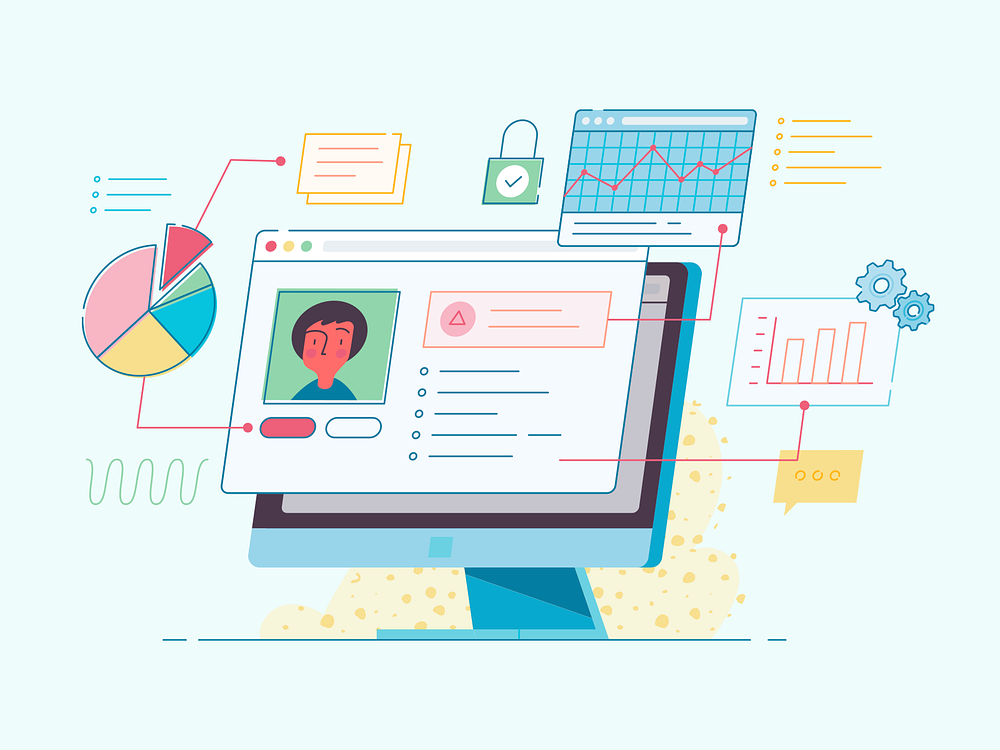
Table of Contents1. JavaScript2. Kotlin3. C++4. C#5. Python The healthcare industry has seen significant changes by adopting new tools and technologies. Machine learning (ML) is now essential for improving care and efficiently managing patient data. Well-performing machine learning (ML) models can enhance healthcare by increasing efficiency and accelerating decision-making. These models offer insights from historical data like diseases, family history, and genetic disorders. The first steps in creating healthcare ML models involve identifying the problem and defining the prediction task. This article will help you choose the necessary requirements, developing machine learning models for healthcare, addressing common challenges, and providing solutions to…
25 April, 2024
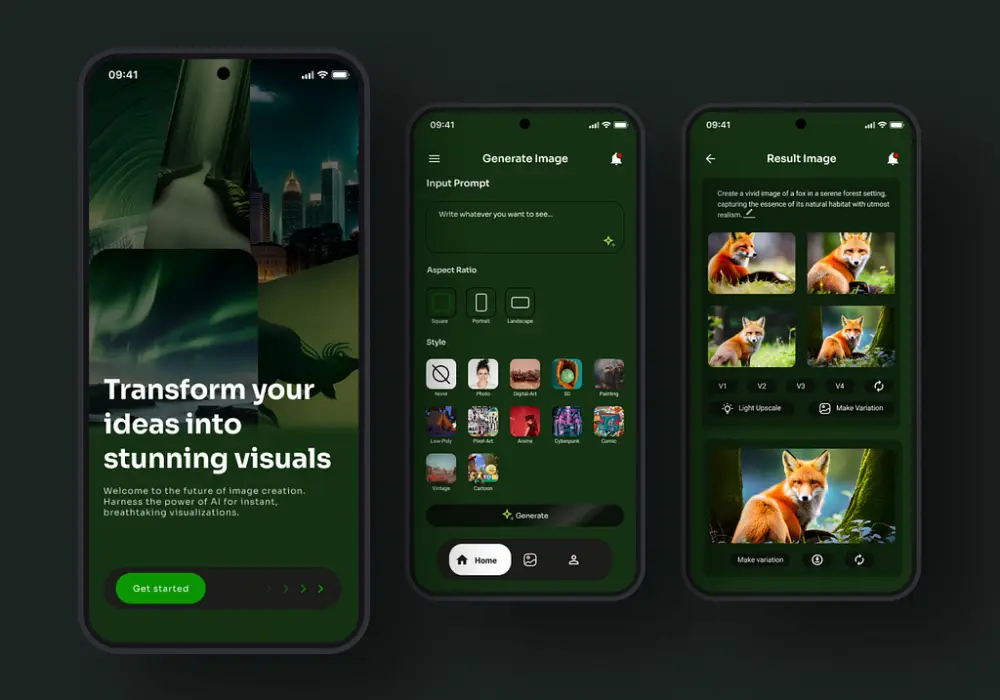
Table of Contents1. JavaScript2. Kotlin3. C++4. C#5. Python Have you ever wondered about the technology behind AI-generated movie scripts or how companies predict consumer behavior? Welcome to the dual domains of Generative AI and Predictive AI. Generative AI can surprise us by crafting original content that ranges from poetry to prototypes, whereas Predictive AI allows businesses and governments to forecast outcomes with unprecedented accuracy, using patterns derived from existing data. As we explore the contrasts and capabilities of Generative AI vs Predictive AI, we’ll uncover how these technologies are not just reforming industries but are also enhancing our everyday lives….
25 April, 2024
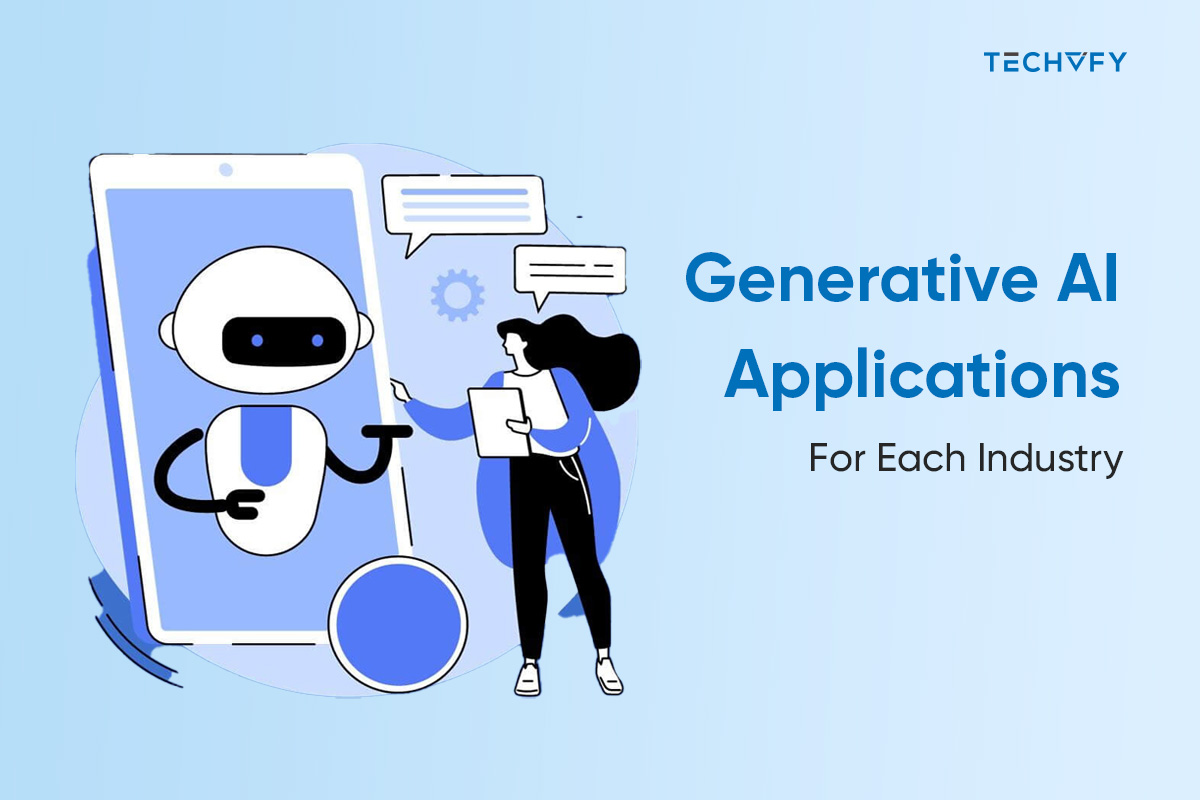
Table of Contents1. JavaScript2. Kotlin3. C++4. C#5. Python Welcome to the dynamic world of generative AI, a frontier of technology where machines don’t just perform tasks but also create and innovate. As this technology reshapes industries and redefines creativity, its applications span from generating lifelike images and composing music to sophisticated predictive modeling and intelligent automation. In this article, we’ll explore the diverse applications of generative AI, spotlighting key innovations and discussing the opportunities and challenges they bring. Whether you’re deeply embedded in the tech world or simply curious about AI’s impact, join us as we delve into how generative…
25 April, 2024


Thank you for your interest in TECHVIFY Software.
Speed-up your projects with high skilled software engineers and developers.
By clicking the Submit button, I confirm that I have read and agree to our Privacy Policy